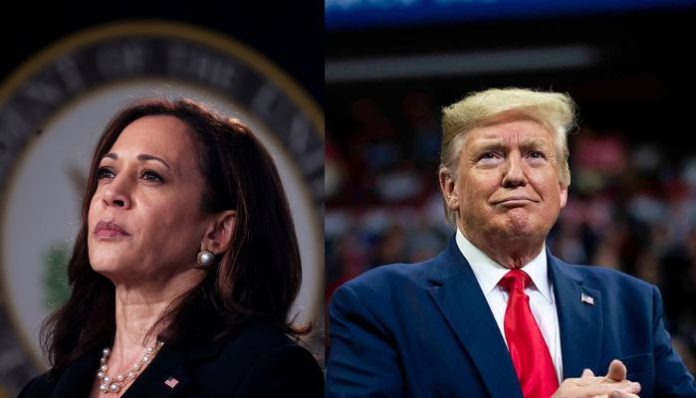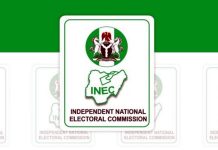Today, Americans head to the polls in a historic election that could redefine U.S. relations with global allies, including Nigeria. As Donald Trump and Kamala Harris vie for the presidency, Nigerian analysts have highlighted potential outcomes of each candidate’s victory on immigration, trade, and foreign policy.
Kamala Harris at 60, secured the Democratic Party nomination after President Joe Biden chose not to pursue re-election, setting the stage for her bid to become the first woman and first person of colour to lead the United States. Donald Trump, the Republican candidate, returns to the race at 78 for his third consecutive presidential run, seeking to reclaim the White House after losing to Biden in 2020, a loss he controversially attributed to electoral fraud.
Immigration and Economic Concerns
For Nigerians, immigration is a top issue, given Trump’s track record of strict policies during his first term, when his administration issued the lowest number of green cards in modern U.S. history. Trump has continued to focus on border control throughout his current campaign, including pointed criticism of Harris’s role in handling border issues since 2021. Analysts warn that his re-election could lead to further immigration restrictions that might affect Nigerians seeking opportunities in the U.S.
Joseph Aniekan, a public policy expert, highlighted six key areas where the U.S. election could impact Nigerians: “Immigration, remote work, energy costs, government efficiency, and reduced global aid are factors likely to be influenced by this election,” he explained.
Security and Strategic Partnerships
Beyond immigration, both Trump and Harris are likely to prioritise U.S. interests in Africa, including Nigeria’s strategic role in the region. Tope Musowo, a policy expert from the University of Ibadan, noted that either candidate could be expected to discourage Nigeria from deepening ties with competitors like Russia and China. “The U.S. has vested interests in Africa, particularly through USAID’s private sector engagement policies, which are aimed at bolstering commercial collaboration with Africa. Nigeria remains a focal point,” Musowo added.
However, international relations expert Professor Sylvester Odion Akhaine cautioned that Nigeria should manage its expectations regardless of who wins. “The U.S. will always act in its own interest, and either a Harris or Trump administration would pursue policies that support American business interests above all,” he remarked, adding that Nigeria’s influence in Africa might face further challenges under either administration.
Harris’ Potential Continuation of Democratic Policies
Under the Biden administration, the U.S. has invested heavily in Nigeria, contributing over $1 billion in health and security aid. Analysts suggest Harris, who shares Biden’s diplomatic approach, would continue to champion economic collaboration with Africa through initiatives like the African Growth and Opportunity Act (AGOA), which allows duty-free access to U.S. markets for African exports. Ajibola Oduwole, a lawyer and policy analyst, noted that “AGOA has been instrumental in expanding non-oil exports from Nigeria to the U.S., potentially diversifying Nigeria’s economy further under Harris.”
Political analyst Kunde Okunade observed, “A Harris presidency might focus on multilateral trade and strengthening ties through inclusive policies. Meanwhile, Trump may continue a more transactional approach, emphasising select engagement over broader cooperation.”
As the U.S. votes today, Nigeria watches closely, aware that the outcome could shape the future of a crucial partnership. Experts agree that Nigeria’s influence on the global stage will hinge on its own proactive diplomacy, regardless of who wins the White House.













